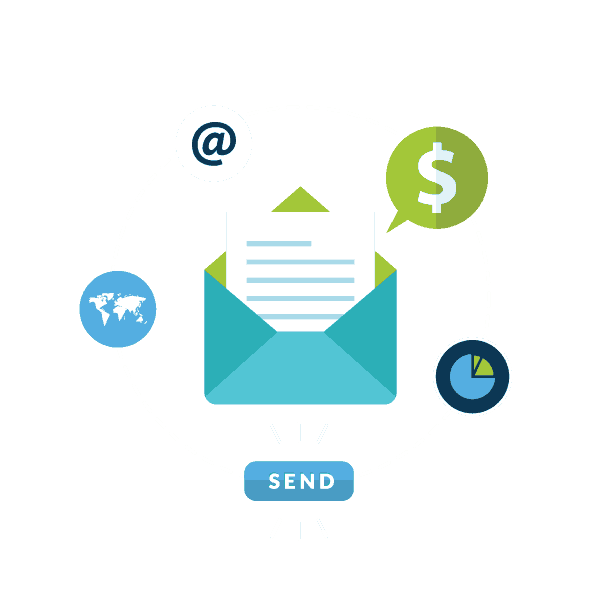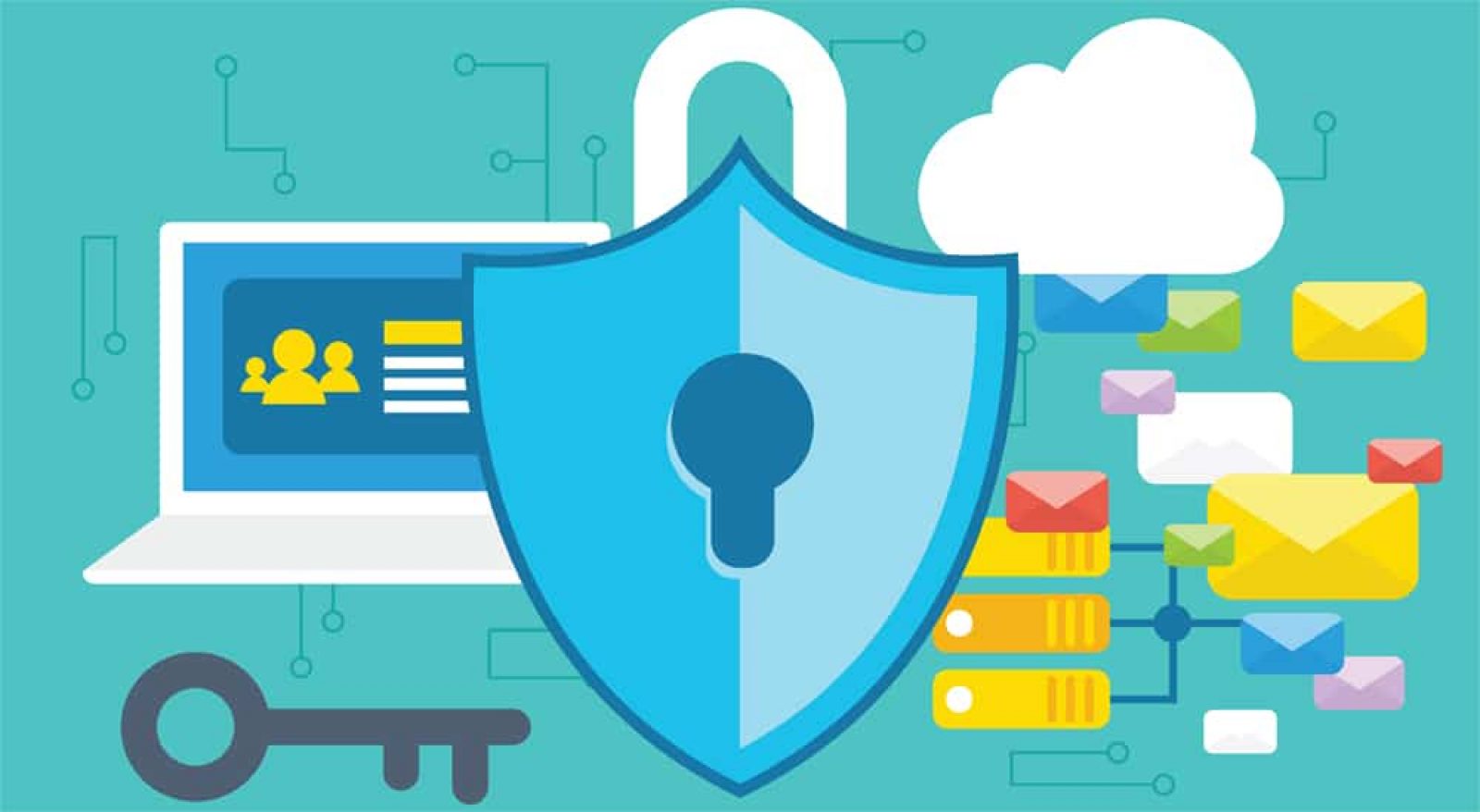SSL Certificate & why Google needs your website to have one
What is an SSL certificate? Does my website really need one? How come I’ve never heard about this and why is it important now?
If any of these questions run through your mind, you’re on the right track to protecting your website and online presence. A website...
7 More Ways to Make Money from Your Website Revealed
When it comes to making money for a website, you need all the help you can get right. Read on below for seven more ways to make money from your website today.
Affiliate Networks
Similar to ads, affiliate networks will pay you to help them get traffic, but only if that traffic...




























